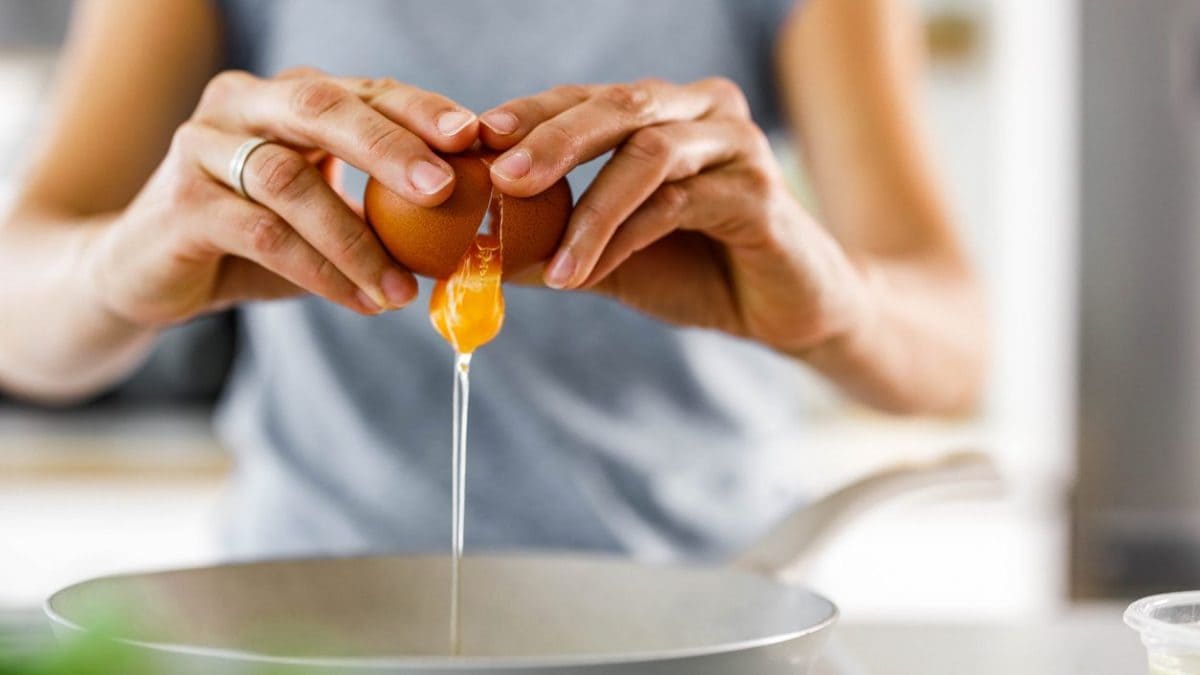
Eggs are one of the foods we cook most often, but precisely because we are so used to handling them, we perform actions that we take for granted, that come automatically to us, but which are actually mistakes. How many times have you broken the egg on the edge of the bowl in which you have to beat it, or how many times have you used the two halves of the open shell to separate the whites and yolks? These are all practices that, as much as you have internalized, should be avoided because they increase the risk of bacterial contamination (especially the dangerous salmonella), the same reason why you should never use eggs that you find already broken in the package. Here is a practical guide to everything you should avoid doing when breaking eggs.
1. Do Not Use Already Broken Eggs (And Their Carton)
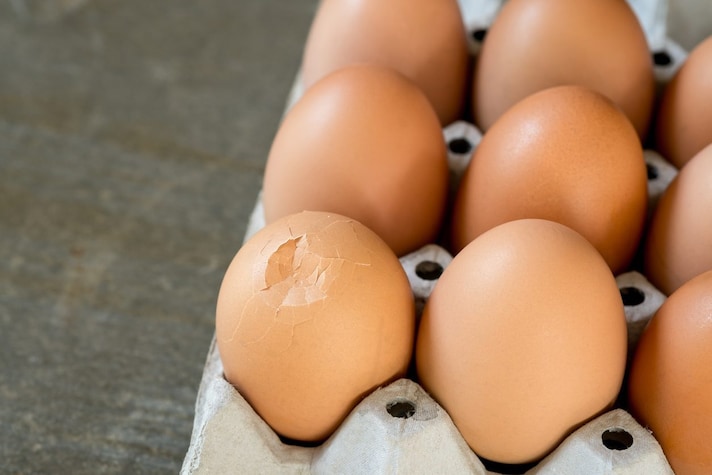
You open the package, take your egg and you realize that it is already broken: this is not a good sign, and it doesn't matter if you suspect that you broke it during transport. You will never be sure that you didn't buy it already broken, which is why it would be better to avoid using it, unless it was broken right when it was being prepared and consumed immediately, within a few hours at most. A broken egg, in fact, could have passed any germs and bacteria present on the shell inside the food, making it unsafe. For the same reason, it would be best to avoid using egg cartons to contain other food, especially if they contained eggs that were already broken: if the eggs were contaminated, the bacteria could remain on the carton. So yes to creative recycling to create handcrafted objects, no to reusing cartons for new eggs or other foods.
2. Do Not Break Eggs on The Edge of The Bowl or in The Pan
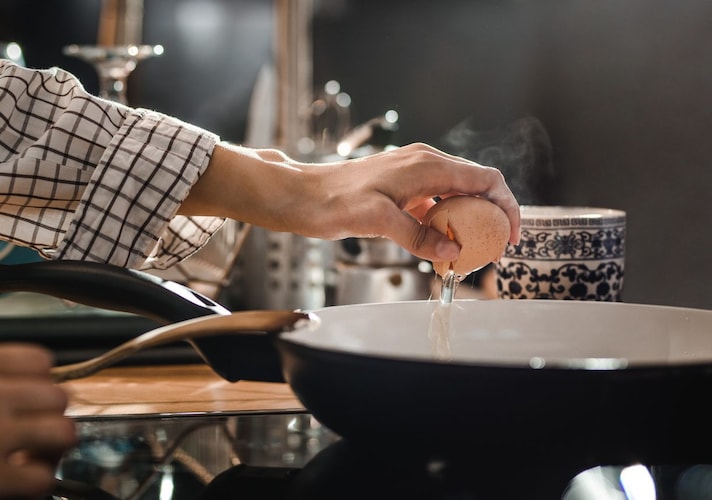
This is the most common mistake when breaking eggs and probably the hardest habit to break: breaking eggs on the edge of the bowl is something we all do to hurry. In reality, it is wrong, eggs should not be broken on the same container where you are going to work with them because it is almost inevitable that small or very small fragments of shell end up inside. The problem is not only that you would ingest them together with the eggs, but that they could still have bacteria present only in the shell that would contaminate the yolk and white. It is better to hit the egg on a flat surface on its widest part, in order to better distribute the force around the egg and create a uniform crack that leaves fewer fragments behind. The same goes for breaking the egg directly into the pan: better to avoid finding pieces of shell in your recipe!
3. Do Not Use the Broken Shell to Separate the Yolk From The Egg White
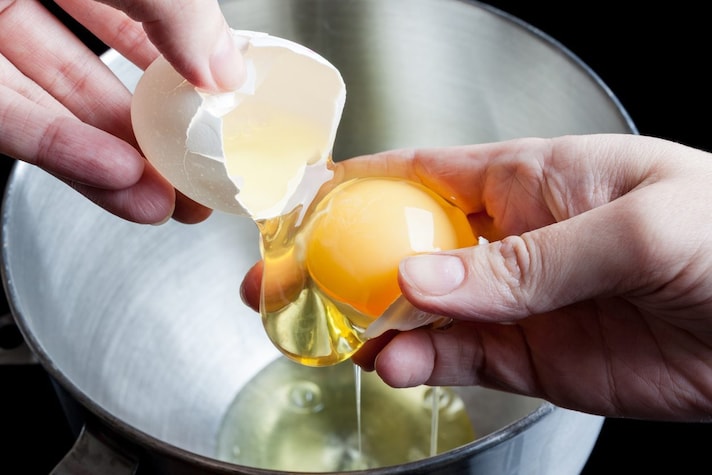
This is also a practice that you surely take for granted without knowing that it is a mistake: how many times have you used the shell separated in half to separate the yolk from the white? The problem is always the same and concerns the possible bacterial contamination from the outside to the inside of the egg. In reality, not using the shell to separate the two parts of the egg is easier than you think, you just have to use the "funnel trick": when you break your egg, pour it into a funnel with a narrow mouth and you will see how, due to the different weight of the two elements, the white will slide into the bowl below, while the yolk will remain stuck in the concave part without coming down.
4. Don't Wash Eggs Before Cracking Eggs
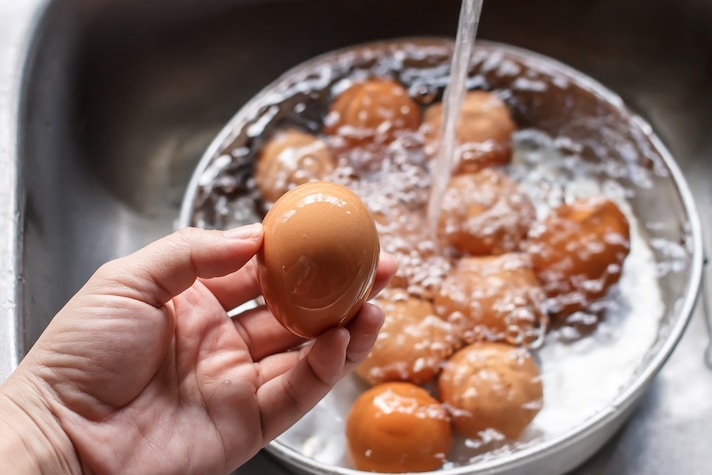
It is not necessary to wash eggs before cracking them, in fact it could even be counterproductive: the eggshell has a protective cuticle that helps prevent the penetration of bacteria and the washing action can remove this cuticle thus increasing the risk of bacterial contamination. Furthermore, since eggs are very delicate, you would also risk breaking the shell.
;Resize,width=767;)
